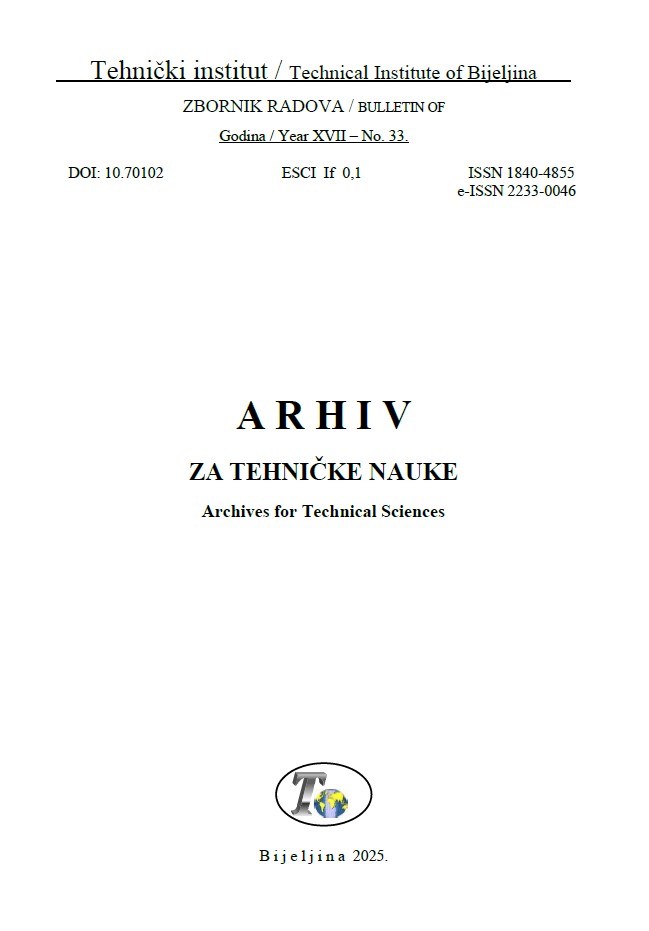 ,
,
Mamun university Uzbekistan
 ,
,
Tashkent State University of Oriental Studies , Tashkent , Uzbekistan
 ,
,
Tashkent University of Information Technology , Tashkent , Uzbekistan
 ,
,
Samarkand State Institute of Foreign Languages , Samarkand , Uzbekistan
 ,
,
Jizzakh State Pedagogical University , Jizzakh , Uzbekistan
 ,
,
Bukhara State Medical Institute named after Abu Ali ibn Sina , Bukhara , Uzbekistan
 ,
,
Termez State University of Engineering and Agrotechnology , Termez , Uzbekistan

Uzbek National Pedagogical University named after Nizami Tashkent Uzbekistan
Despite the importance of scientific writing for engineering students, the technical discourse poses a significant challenge for learners. The promise of Automated Essay Evaluation (AEE) Systems to provide timely and reliable feedback has enabled greater development of writing instruction through expedited and automated support. This paper examines the development of AEE systems designed specifically for scientific writing in the context of engineering education. We review existing research that applies Natural Language Processing (NLP), machine learning, and even rule-based linguistics to evaluate structural coherence, domain vocabulary, and argumentative discourse. Additionally, we evaluate the pedagogical advantages and drawbacks of AEE concerning fostering self-regulated learning, instructor support, and assessment rigor. Results from pilot case studies and experiments illustrate increased student-writing performance and engagement with the task. This research emphasizes the need for domain-specific adaptation of AEE systems and algorithmic transparency, automated ethics, and machine-logic debates, challenging the predisposed notions of the use of AEE in engineering writing instruction.
This is an open access article distributed under the Creative Commons Attribution Non-Commercial License (CC BY-NC) License which permits unrestricted use, distribution, and reproduction in any medium, provided the original work is properly cited.


0
The statements, opinions and data contained in the journal are solely those of the individual authors and contributors and not of the publisher and the editor(s). We stay neutral with regard to jurisdictional claims in published maps and institutional affiliations.